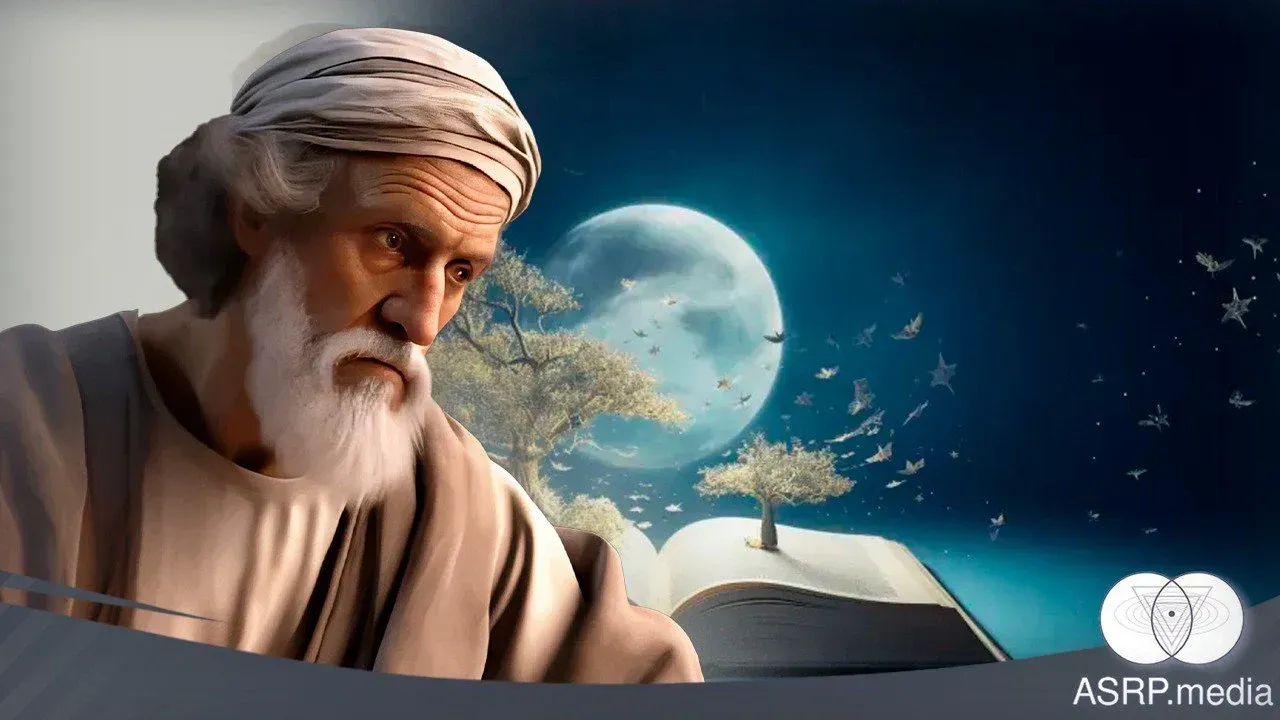Ибн аль-Хайтам мен оның "Эксперименттер кітабы": араб ғылымындағы түсінікті мүшелер
Ибн аль-Хайтамның "Эксперименттер кітабы" ежелгі араб ғылымы мен түсінікті мүшелерді зерттеудің мистикалық жағын байланыстырып, оның ғылыми зерттеулерінің тереңдігін көрсетеді.

Explore our research materials and other exclusive and premium content on ASRP.media.
This story is available exclusively for ASRP.media members. Upgrade your subscription to unlock it and access a range of exclusive benefits.
- Priority access to the latest articles
- Ability to comment and participate in discussions
- Exclusive content for members only
- Access to in-depth scientific articles
And much more...
Become a memberIf you already have a subscription, please log in
You might also like

El Algoritmo Banchenko: Un método para estimular los sueños lúcidos que tiene un impacto positivo en la salud.
El Algoritmo Banchenko ofrece un enfoque innovador para estimular los sueños lúcidos, con importantes beneficios para la salud mental y el bienestar general.

清醒梦的小玩意:意识的新视野
探索最新设计的小玩意,旨在增强清醒梦,开启意识的新视野,并加深你的梦境体验。

I sogni nella filosofia greca antica: la prospettiva di Aristotele
Scopri le profonde intuizioni di Aristotele sui sogni, esplorate nella filosofia greca antica, che fanno luce sulla connessione tra sogni e realtà.
Please subscribe to comment, or Log in if you already have a subscription.
